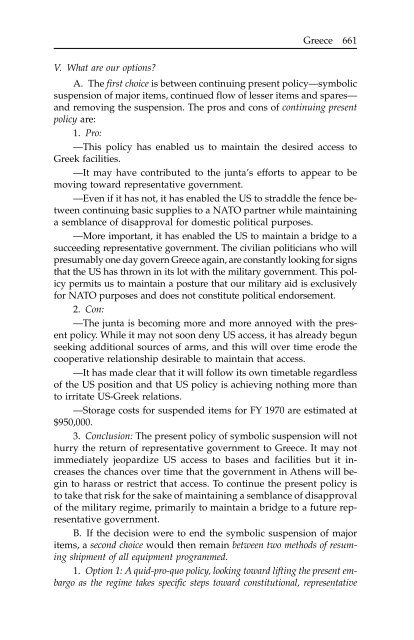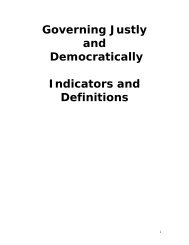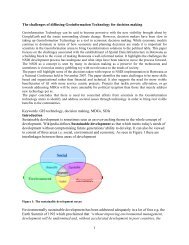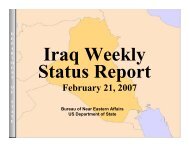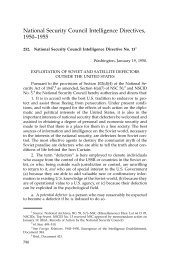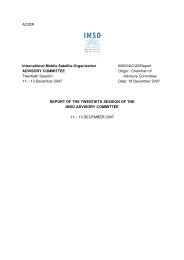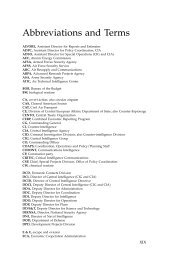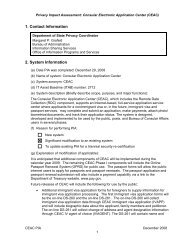Greece - US Department of State
Greece - US Department of State
Greece - US Department of State
You also want an ePaper? Increase the reach of your titles
YUMPU automatically turns print PDFs into web optimized ePapers that Google loves.
<strong>Greece</strong> 661<br />
V. What are our options?<br />
A. The first choice is between continuing present policy—symbolic<br />
suspension <strong>of</strong> major items, continued flow <strong>of</strong> lesser items and spares—<br />
and removing the suspension. The pros and cons <strong>of</strong> continuing present<br />
policy are:<br />
1. Pro:<br />
—This policy has enabled us to maintain the desired access to<br />
Greek facilities.<br />
—It may have contributed to the junta’s efforts to appear to be<br />
moving toward representative government.<br />
—Even if it has not, it has enabled the <strong>US</strong> to straddle the fence between<br />
continuing basic supplies to a NATO partner while maintaining<br />
a semblance <strong>of</strong> disapproval for domestic political purposes.<br />
—More important, it has enabled the <strong>US</strong> to maintain a bridge to a<br />
succeeding representative government. The civilian politicians who will<br />
presumably one day govern <strong>Greece</strong> again, are constantly looking for signs<br />
that the <strong>US</strong> has thrown in its lot with the military government. This policy<br />
permits us to maintain a posture that our military aid is exclusively<br />
for NATO purposes and does not constitute political endorsement.<br />
2. Con:<br />
—The junta is becoming more and more annoyed with the present<br />
policy. While it may not soon deny <strong>US</strong> access, it has already begun<br />
seeking additional sources <strong>of</strong> arms, and this will over time erode the<br />
cooperative relationship desirable to maintain that access.<br />
—It has made clear that it will follow its own timetable regardless<br />
<strong>of</strong> the <strong>US</strong> position and that <strong>US</strong> policy is achieving nothing more than<br />
to irritate <strong>US</strong>-Greek relations.<br />
—Storage costs for suspended items for FY 1970 are estimated at<br />
$950,000.<br />
3. Conclusion: The present policy <strong>of</strong> symbolic suspension will not<br />
hurry the return <strong>of</strong> representative government to <strong>Greece</strong>. It may not<br />
immediately jeopardize <strong>US</strong> access to bases and facilities but it increases<br />
the chances over time that the government in Athens will begin<br />
to harass or restrict that access. To continue the present policy is<br />
to take that risk for the sake <strong>of</strong> maintaining a semblance <strong>of</strong> disapproval<br />
<strong>of</strong> the military regime, primarily to maintain a bridge to a future representative<br />
government.<br />
B. If the decision were to end the symbolic suspension <strong>of</strong> major<br />
items, a second choice would then remain between two methods <strong>of</strong> resuming<br />
shipment <strong>of</strong> all equipment programmed.<br />
1. Option 1: A quid-pro-quo policy, looking toward lifting the present embargo<br />
as the regime takes specific steps toward constitutional, representative


